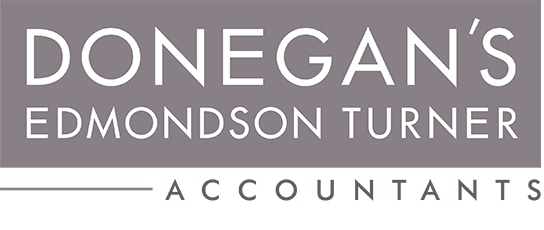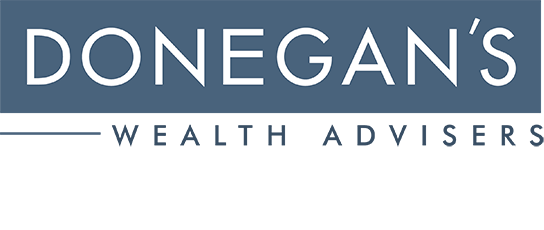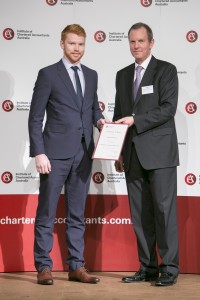With hectic lives, it can be difficult to think beyond the next few days or weeks, and planning for life’s financial milestones often gets pushed to the bottom of the priority list. But these milestones: getting married, having a baby, paying off the home loan or switching jobs, have their costs.
Whether you’ve a milestone on the horizon, or you want to be proactive about planning for your financial future, getting the right advice can help you reach your goals sooner.
Here we look at five milestone moments when getting serious about your finances can seriously help you.
Getting married
Cakes, confetti, a douse of courage, and some hefty costs! It seems whenever the terms ‘wedding’ or ’bride’ are involved, a zero is added to any price tag! From hen do’s to honeymoons it pays to do a full bridal budget.
To help with the costs of planning for your wedding and your financial future as a couple, most financial planners will offer an initial free consultation.
This gives you the chance to get to know the adviser and make sure you’re comfortable with them before you have to make any decisions involving fees. Contact Alison Foenander of Donegan’s Wealth Advisers to find out exactly what they do and how they can help you specifically.
According to Alison Foenander of Donegan’s Wealth Advisers there are plenty of strategies couples can take advantage of. “Getting married doesn’t mean everything has to go into one joint pot; there are lots of strategies an adviser can show you to make the most of your money and help you reduce the tax you pay,” Alison says.
Having children
Thinking about starting or adding to your family? Having a baby is an extraordinary gift, but from the minute you see those double lines on the home pregnancy test, the questions start.
Are we ready for this? Will we be able to do it? Are we going to be good parents? Not forgetting one of the biggest factors in today’s increasingly expensive world: can we afford it?
A recent study conducted by the National Centre for Social and Economic Modeling revealed: “…the total cost in today’s dollars is $448,000 for the average family to raise two children from birth to age 20. For the average couple with two children today, those children cost around $310 a week.”
Taking time plan for your future means, even if your income levels change, you’ll still be able to maintain your family’s lifestyle without worrying about money.
Things to think about include:
1. How do you protect and keep your family financially secure? Do you have enough life, disability and income protection insurance? A recent survey by salary.com put the ‘market value’ of a stay-at-home mum at $124,000 per year.
2. How would your family income change if one person takes time off to stay at home with the kids?
3. Have you done a baby budget, including everything from cots to a new family car?
4. Are your wills up to date?
Donegan’s Wealth Advisers can help with these questions and can also help you set up your insurance inside your super so you don’t have to worry about your cash flow being affected.
10 years into the mortgage
Most homeowners have the same thought at some stage or another: ‘how do I pay off my mortgage faster?’ Believe it or not there are a lot of things you can do to get the end of those payments in sight sooner.
Alison Foenander says that, “It’s important for a mortgage to be set up correctly from the outset.” Other simple tips, like increasing how often you pay your loan can make a difference. You don’t pay any more per year, but by paying more frequently such as every fortnight, you’ll reduce your interest amounts and this can mean reducing your home loan by hundreds of dollars a year.
Changing jobs
Changing jobs is stressful enough without worrying how it might affect your long-term financial goals.
But it’s a great time to get some one-on-one advice to find the right super for you so you don’t end up with multiple super accounts, each with their own separate fees.
“What would you do if every pay day someone, who was virtually unknown to you, took over 9% of your pay and said ‘don’t worry I’ll look after it for you’? Would you let them walk away and assume the money would come back to you at some time, with interest?” says Alison Foenander “There’s an assumption it will be looked after and a sense of comfort there’ll be a nice nest-egg waiting for our retirement” continues Alison Foenander “but many funds saw steep losses during the GFC and having the right advice as to which fund you should be with and how to invest your super to suit your needs can help you reach and even exceed your financial goals.”
Receiving a lump sum payment
You might have received a bonus, windfall or bequest or maybe you’re even going through a divorce. In any even you need that money to work to secure your long-term future. Quality financial advice can help you make the most of your situation.
Donegan’s Wealth Advisers will consider your investment timeframe, attitude to risk and the investment choices available. They’ll also look at how you can invest your lump sum tax effectively and develop a plan to get your finances working.
Is it time for you to get serious with your finances? Contact Alison Foenander of Donegan’s Wealth Advisers for more information on 03 9670 5232 or via email at alisonf@donegans.com.au to book your free initial consultation today.
Apogee Financial Planning Limited ABN 28 056 426 932, an Australian Financial Services Licensee, Registered office at 105-153 Miller Street, North Sydney, NSW 2060 and a member of the National Australia Group of Companies. This advice may not be suitable to you because it contains general advice that has not been tailored to your personal circumstances. Please seek personal financial advice prior to acting on this information.



